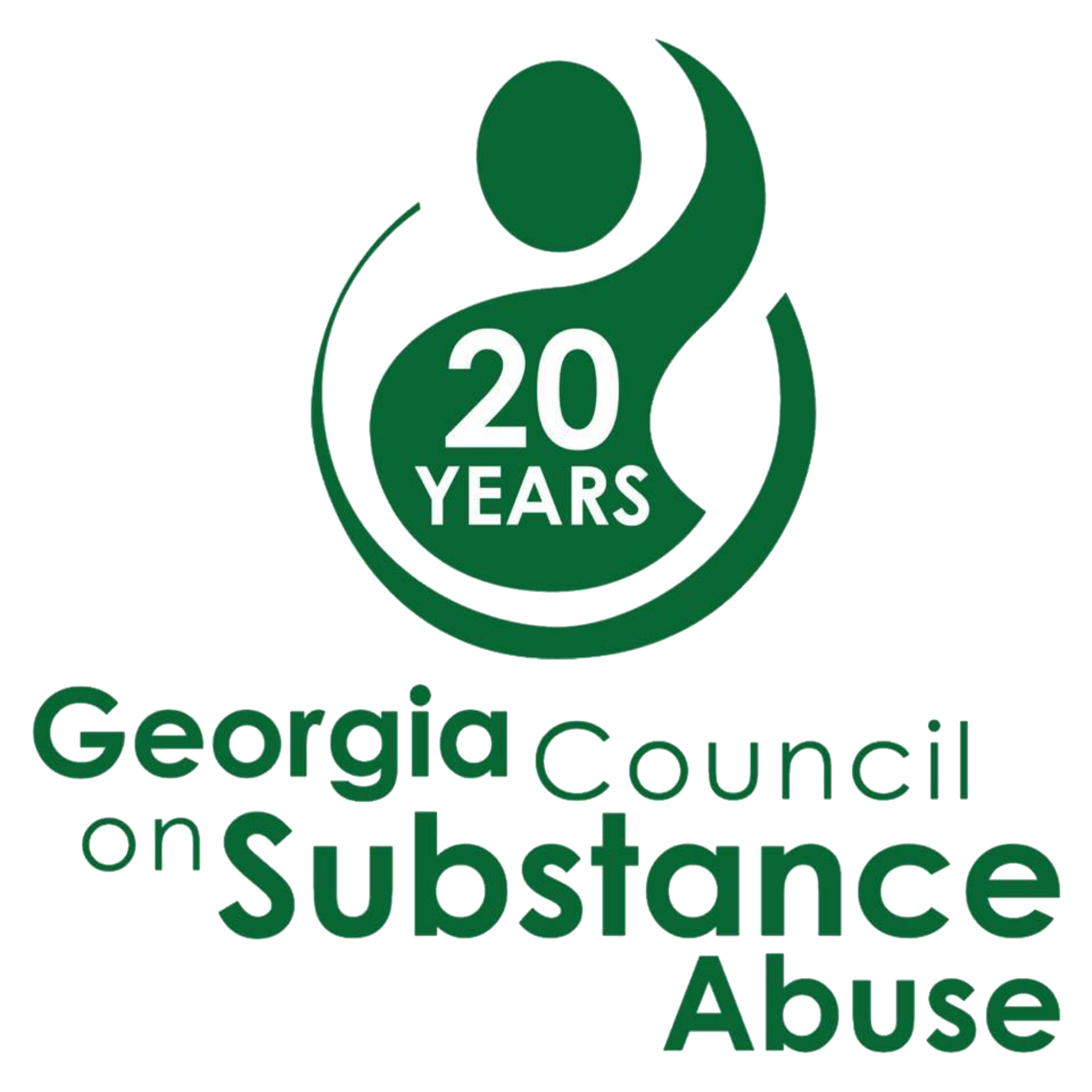February 14, 2022
SUPPORT LETTER FOR
Georgia Mental Health Parity Act
HB1013
Dear Members of the General Assembly,
The member organizations of the Georgia Mental Health Policy Partnership listed below are writing in strong support of the Mental Health Parity Act (MHPA) dropped by Speaker David Ralston on January 26, 2022.
As the Speaker stated at the press conference announcing the bill, “For much too long, our mental health care delivery system has been inadequate. The accessibility and availability of treatment has been woefully limited. For a state that is rated number one in the nation in which to do business, this is not acceptable.”
Over the past three years, Georgia has ranked 51st, 51st, and 48th in access to mental health care among the 50 states and the District of Columbia. In addition, several Georgia counties (Lee, Haralson, Decatur, and Dawson) rank in the top 20 counties in the United States for severe depression and/or suicidal ideation.
The MHPA is based on recommendations by the Behavioral Health Innovation and Reform Commission (BHIRC), a bipartisan group whose members were appointed by the Governor, the Lieutenant Governor, the Speaker, and the Chief Justice of the Georgia Supreme Court.
The MHPA serves as a down payment in a multiyear process of ensuring that all Georgians have equitable access to the behavioral health care they need to live, work and thrive in the state. That multi-year process will continue to be spearheaded by the good and hard work of the BHIRC, whose lifespan is extended until 2025 by the MHPA.
Among the provisions in the MHPA, we would like to highlight:
- Provisions that ensure that Georgians do not face discrimination on the basis of their diagnosis. Imagine if insurance covered cardiovascular disease but not diabetes or diabetes but not cancer. We don’t have to imagine such a situation in Georgia. Discrimination in coverage of behavioral health care is a reality.
- Provisions that ensure Georgians can access the affordable mental health and substance use disorder treatment that they need for themselves and their children by ensuring that public and private health insurance plans fulfill parity obligations including access to in-network care and competitive reimbursement rates that ensure network adequacy.
- Provisions that ensure transparency and accountability of health insurers’ parity obligations by strengthening our state’s monitoring, reporting and enforcement of behavioral health parity;
- Provisions addressing Georgia’s behavioral health care workforce shortages, including the creation of a loan cancellation program for those enrolled in training programs to become mental health and substance use professionals, and the collection of data by professional licensing boards about behavioral health providers practices to help state leaders understand the workforce shortage;
- Provisions that provide grants to accountability courts for mental health services, examine methods to increase access to certified peer specialists in rural and underserved areas, and establish a task force to assist local communities in keeping individuals with serious mental illness out of jails and juvenile detention facilities; and
- Provisions that set a deadline to implement a statewide system for sharing data relating to the protection of children between agencies and create a state Multi-Agency Treatment for Children Team composed of various state agency representatives to facilitate collaboration to meet complex and unmet treatment needs for children.
All of Georgia’s leading Mental Health advocacy groups and substance use disorder organizations unanimously support the Mental Health Parity Act. Passing this legislation would be a monumental first step to fixing Georgia’s broken mental health system. Many Georgian lives are depending on the passage of this bill.
Sincerely,
Georgia Mental Health Policy Partnership
Georgia Mental Health Consumer Network
Sherry Jenkins Tucker, Executive Director
sjtucker@gmhcn.org
404-421-5683
Georgia Parent Support Network
Sue Smith, Chief Executive Officer
sue.smith@gpsn.org
404-758-4500 x101
Mental Health America of Georgia
Abdul Henderson, Executive Director
abdul@mhageorgia.org
770-741-1481
NAMI Georgia
Kim Jones, Executive Director
executive@namiga.org
678-687-2948
Georgia Council on Substance Abuse
Neil Campbell, Executive Director
neil@gc4recovery.org
404-523-3440
The Center for Victims of Torture
Darlene Lynch, Head of External Relations for CVT-Atlanta
dlynch@CVT.ORG
404-402-1764
Georgians for a Healthy Future
Laura Colbert, Executive Director
lcolbert@healthyfuturega.org
404-890-5804
The Carter Center: Mental Health Program
Helen Robinson, Associate Director, Public Policy, Mental Health Program, helen.robinson@cartercenter.org
404-420-5166
American Foundation for Suicide Prevention
Roland Behm, Board Member of Georgia Chapter
roland.behm@gmail.com
Co-Chair, Georgia Mental Health Policy Partnership
National Multiple Sclerosis Society
www.nationalmssociety.org
Heather Breeden, Sr. Manager of Advocacy
heather.breeden@nmss.org
404-213-6052

